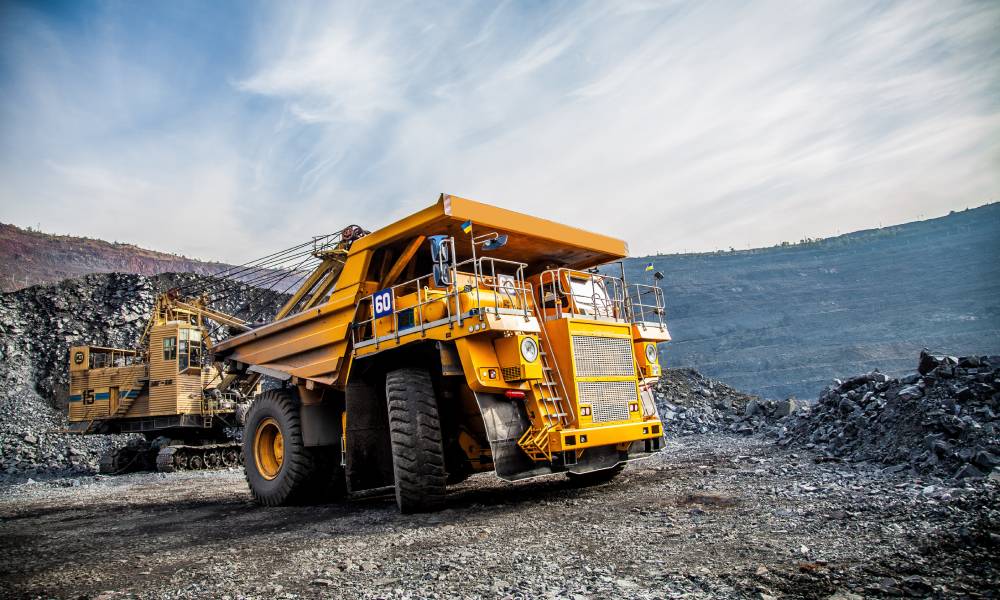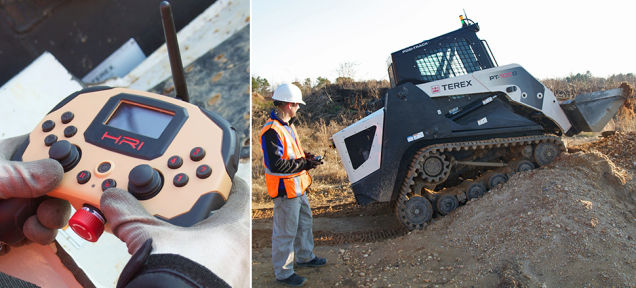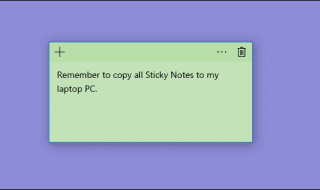
When acquiring construction equipment, renting or buying is a big decision many business owners face. This choice significantly impacts your budget, operational flexibility, and project efficiency. Explore the nuances of renting versus buying and its impact on your construction equipment budget to make a decision that aligns with your business goals.
Understanding the Costs
Analyze your costs while deciding whether to buy or rent. On one side, renting equipment like excavators or bulldozers typically comes with lower upfront costs. Still, it may result in higher long-term expenses, especially if you need the equipment for an extended period. On the other, purchasing equipment involves investing, but you could save more over time, as ownership eliminates ongoing rental fees.
Consider the Frequency of Use
When considering your budget, reflect on how often you or your employees will use the equipment and for what duration. Renting may be more economical if you need the equipment for a short time. However, if the equipment is essential for your daily operations, investing in ownership could yield substantial savings in the long run.
Maintenance and Operating Costs
Maintenance is another vital factor in whether renting or buying construction equipment is more economical. When you rent equipment, the supplier typically covers maintenance and repairs, saving you time and money. Conversely, owning equipment means you are responsible for maintaining and repairing everything, which adds up fast.
Should I Consider the Age of Equipment?
Consider the age and condition of the equipment you’re thinking of purchasing. Relatively old machinery may need more frequent repairs, impacting your budget further. Evaluating both short-term and long-term maintenance needs is crucial when choosing between renting and buying.
Project Flexibility

Flexibility is key in the construction industry. Renting equipment allows you to adapt quickly to project demands and switch models based on different tasks or requirements. This adaptability can be particularly beneficial for smaller business owners who may not have the capital to maintain a diverse fleet of equipment.
Why Is Flexibility Important?
Every construction project requires you to do tasks only a specific tool can do, so you must be open to more gear than you think you might need. For instance, if your project requires specialized tools for drilling, you might consider renting an auger. Whether you should buy or rent an auger depends on the frequency and nature of the drilling tasks you expect to encounter. If drilling is a core part of your operations, buying a quality auger might be worthwhile. However, renting could be more financially savvy for one-off projects.
Financing Is the Biggest Deciding Factor
Ultimately, renting or buying construction equipment hinges on your unique business needs, budget constraints, and operational goals. By considering these implications, you can make a choice that supports your company’s success.
Choosing between renting and buying is about strategically positioning your business for growth. We hope this post can help you determine whether buying or renting is the best decision for your business. Regardless of your avenue, consider if it aligns with your long-term business goals.




